ニュース Can I carry rice in checked baggage to Japan?. トピックに関する記事 – What is not allowed to bring to Japan
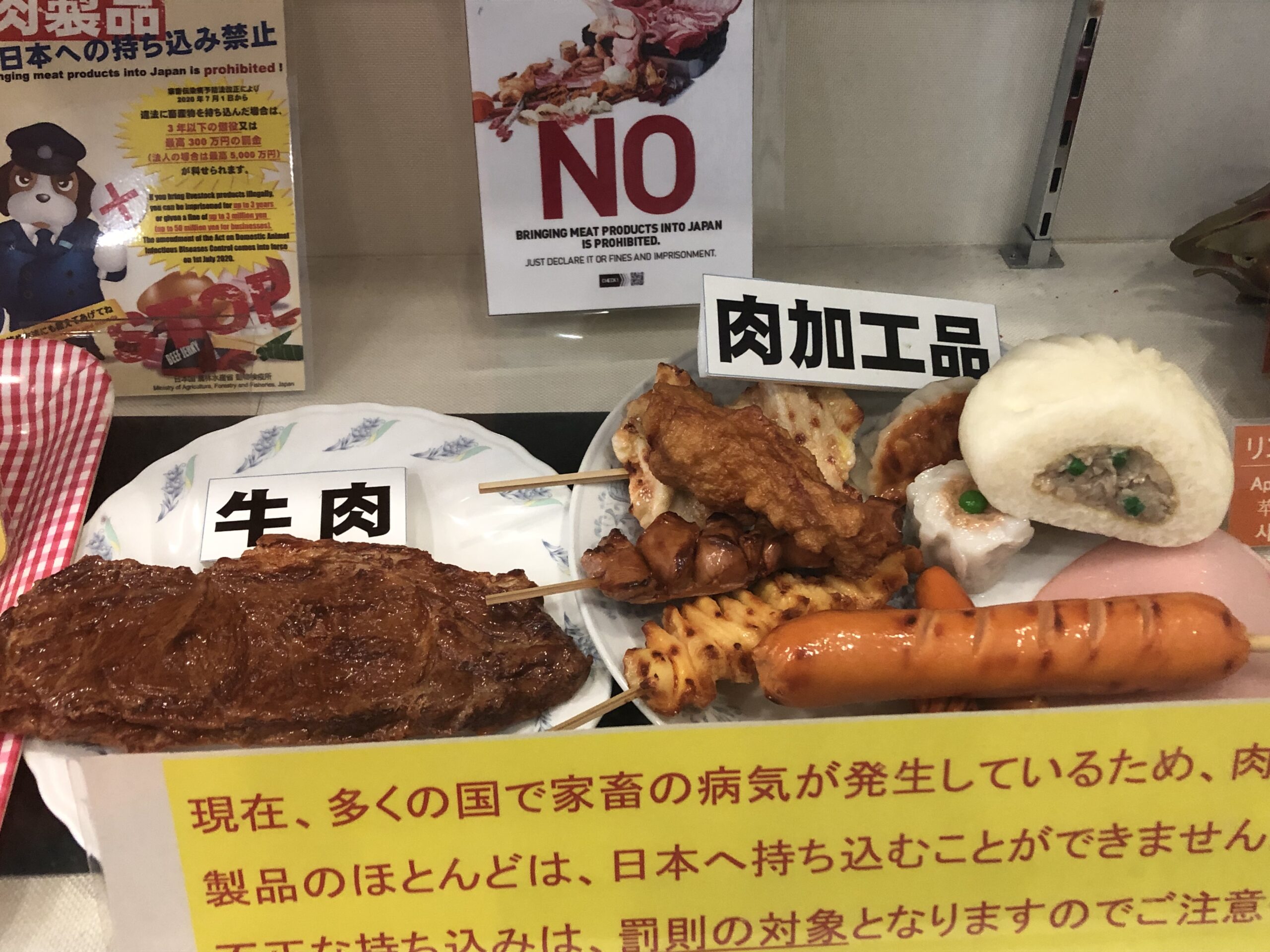
Counterfeit, altered, or imitation coins, paper money, bank notes, or securities, and forged credit cards; Books, drawings, carvings, and any other article which may harm public safety or morals (obscene or immoral materials, e.g., pornography); Child pornography; and.from overseas to Japan is strictly restricted by law and must not be brought into Japan. Please do not bring them.. Illegal importation of meat products, fruits, vegetables, etc. into Japan is subject to heavy penalties (imprisonment for not more than 3 years or a fine of not more than 3 million yen*, etc.Plants. Some fruits, vegetables, grains, cut flowers, seeds, saplings, and dry flowers such as pineapple and orchid cut flowers are allowed to be brought in. However, many items require a certificate of inspection issued by the exporting government agency attached.
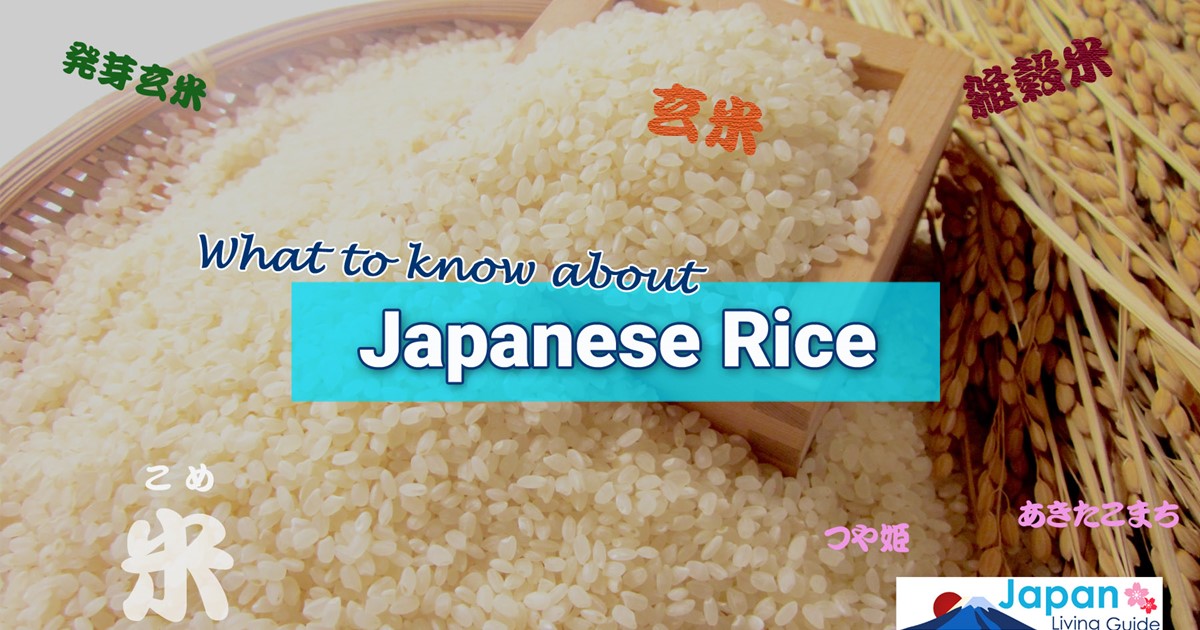
Can you bring dried fruit to JapanCanned meat, fruit, or vegetable products are allowed. Dried fruit or vegetable products are allowed, as long as they are commercially dried (not home dried) and remain in their original, unopened packaging. Dried meat may be brought to Japan. It must be commercially prepared, and in its original, unopened packaging.
Can you take food items into Japan
Ban on meat/meat products and plants/plant products
If you illegally import meat, meat products, plants and plant products into Japan, you will be charged with a fine of up to 3 million JPY (up to 50 million JPY for business entities) or face imprisonment of up to 3 years.The sealed declaration must be presented at the time of clearance of the unaccompanied articles. As regulated by laws and regulations concerned, you are required to declare all the articles that you have purchased abroad or in departures/arrivals duty-free shops in Japan and are bringing into Japan.
Are vegetables allowed in checked baggage
Checked Bags: Yes
Meat, seafood, vegetables and other non-liquid food items are permitted in both carry-on and checked bags. If the food is packed with ice or ice packs in a cooler or other container, the ice or ice packs must be completely frozen when brought through screening.
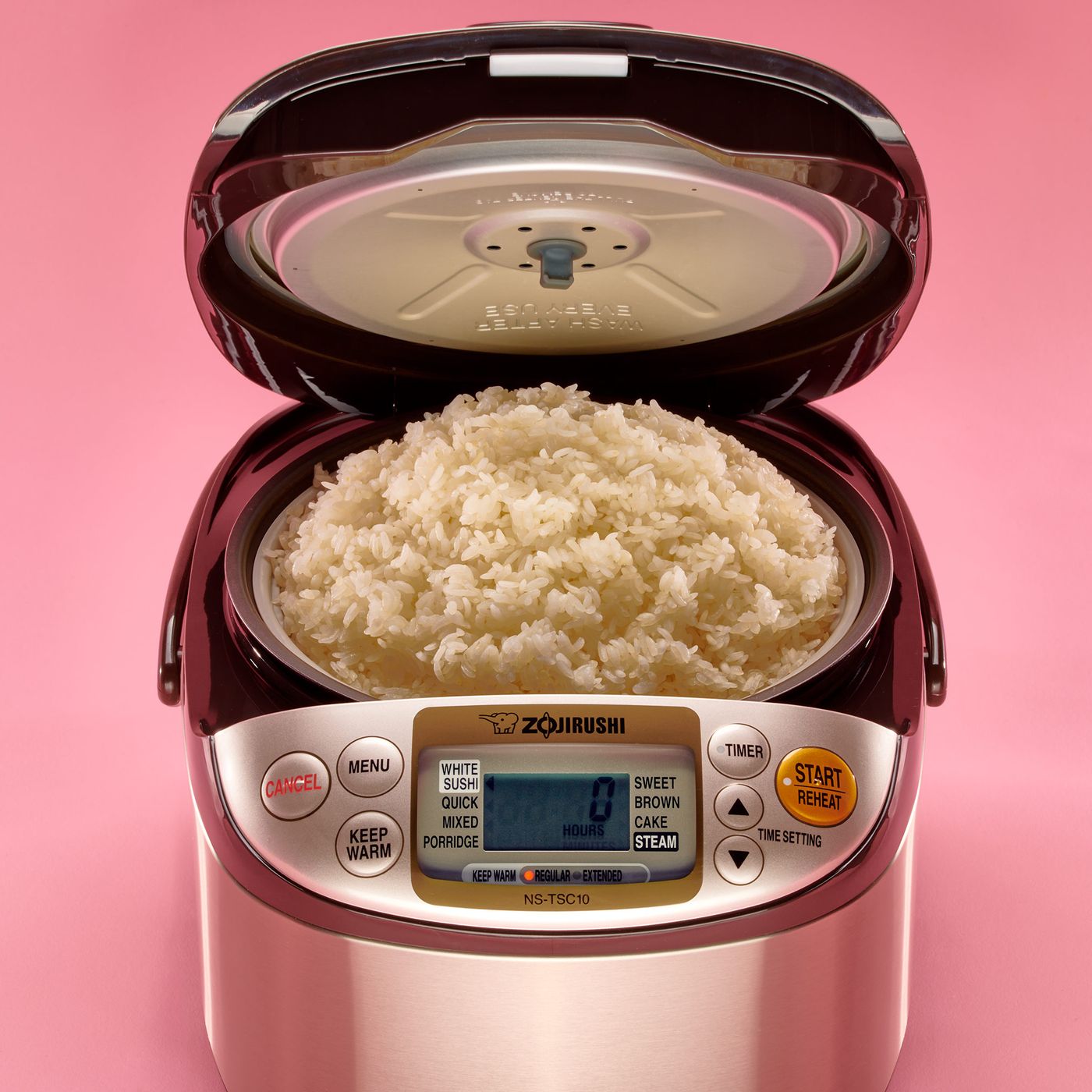
If it is an outlet type external power supply, you can carry it. (e.g. rice cookers, vacuum cleaners, pots, etc.) However, even if it is an external power supply, dangerous goods products such as gas (Refrigerators, etc.)
Which seeds are not allowed in flight
The following plants are prohibited if they are intended for planting: Plants and seeds of Fraxinus (Ash) Pants and seeds of Castanea (Sweet chestnut) Plants of Platanus (Plane)Can weed seeds be detected at the airport Yes, definitely. Customs can detect if you travel with weed seeds. They are concerned about the import of undeclared plant items.It is usually not necessary to declare store-bought canned, bottled or packaged food items that are highly processed and do not contain any meat. Some examples may include crackers, dried pasta, candy, jam, tea or coffee. Oh the other hand, some products may be prohibited for import depending on the origin of contents.
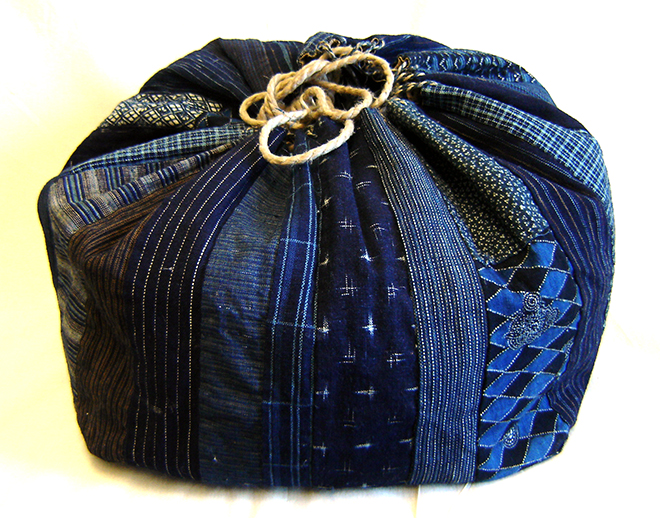
Items such as cookies, crackers, candies, cereals, dried noodles, etc., may be brought into Japan. Most types of nuts (with the exception of walnuts, which are prohibited) may be brought into Japan, particularly if they are salted, dried, or roasted.
What needs to be declared at Japan customsJapan Customs requires all passengers entering Japan to submit a Declaration of Accompanied Articles and Unaccompanied Articles (Customs Declaration Form) to the customs officer in order to prevent terrorism and smuggling, and to ensure prompt and proper customs clearance.
Can I bring homemade food to JapanThere are some exceptions if you have an inspection certificate for the items but it's unlikely that you'll have this so essentially any natural food items are prohibited. We recommend sticking to sweets and snacks from your home country as the go-to choice of omiyage (お土産, souvenir) during your stay in Japan.
Can you bring food through Japan customs
Fresh Products. You should avoid bringing fresh fruit, vegetable, or meat products to Japan. In general, if you do intend to bring these items into Japan, you will need to get the appropriate sanitary documentation from the US Department of Agriculture (USDA).
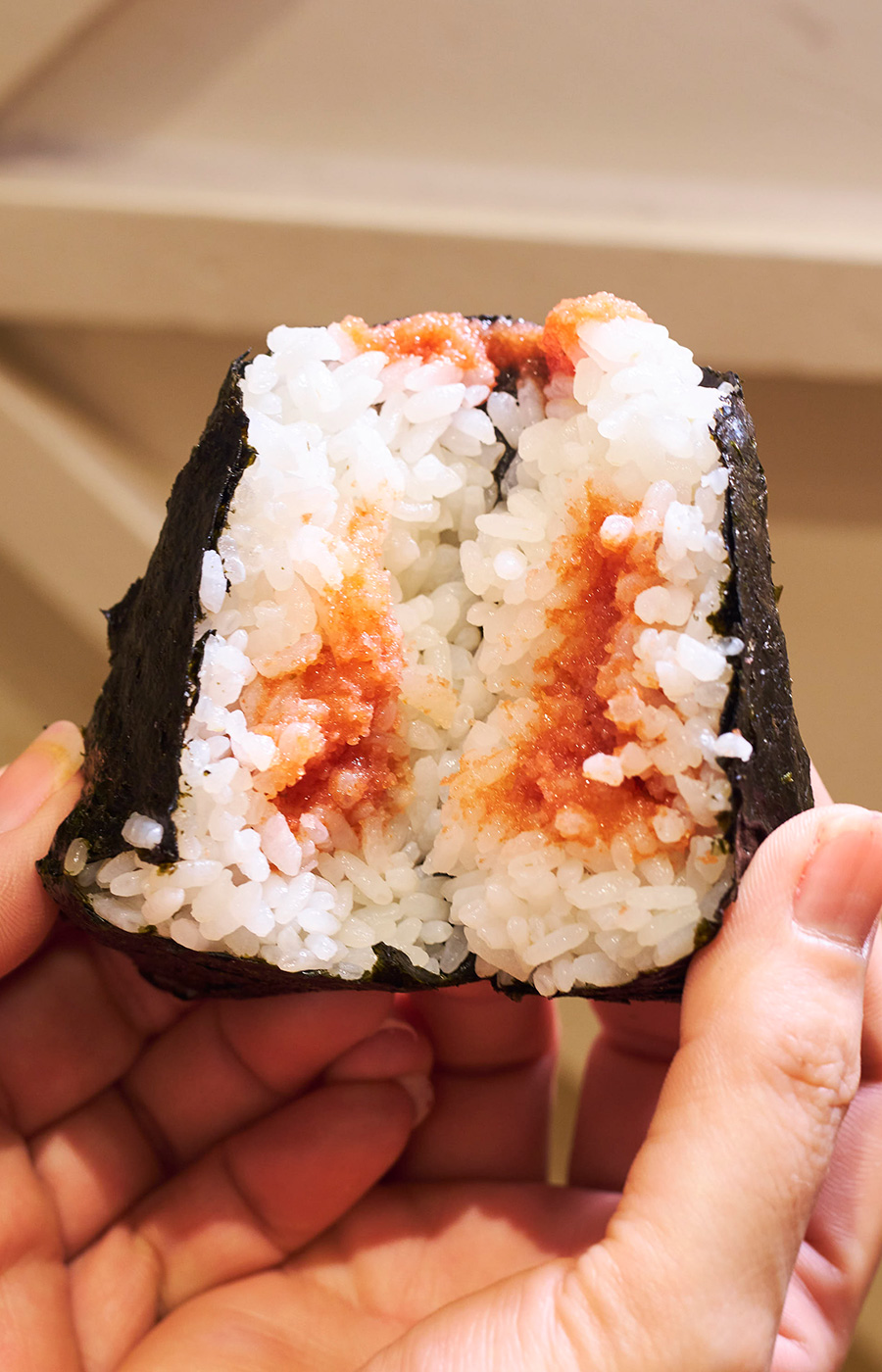
Here are some examples of goods that typically need to be declared:
- Personal Belongings and Clothing.
- Electronics and Gadgets.
- Jewelry and Valuable Items.
- Gifts and Souvenirs.
- Alcohol and Tobacco Products.
- Food Items.
- Medications.
- Currency and Monetary Instruments.
Yes, you can typically carry raw dal and raw rice in your hand baggage on international flights, but be aware of quantity limits and customs regulations in your destination country.Solid food items (not liquids or gels) can be transported in either your carry-on or checked bags. Liquid or gel food items larger than 3.4 oz are not allowed in carry-on bags and should be placed in your checked bags if possible.
